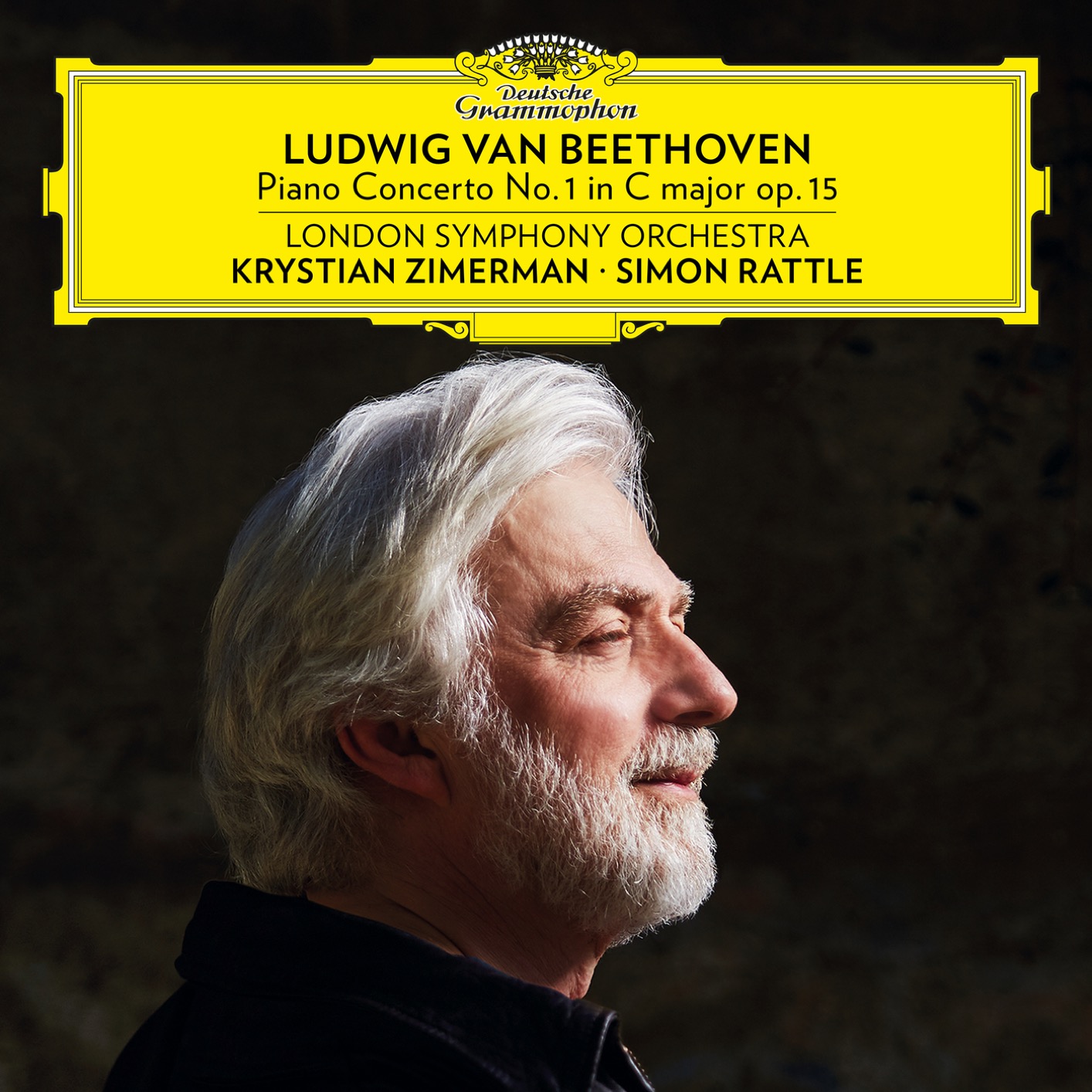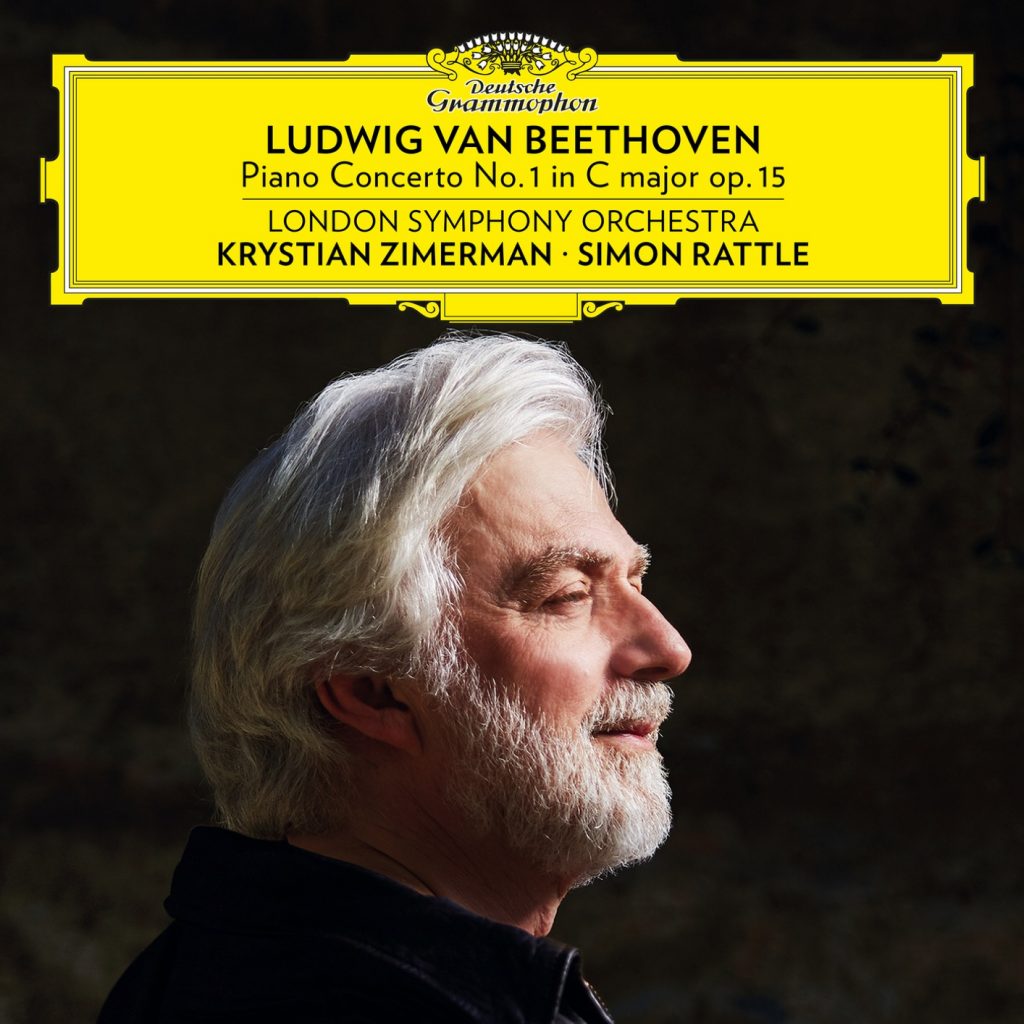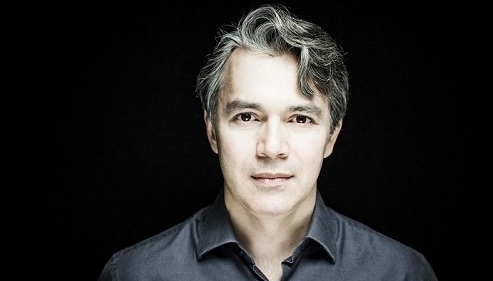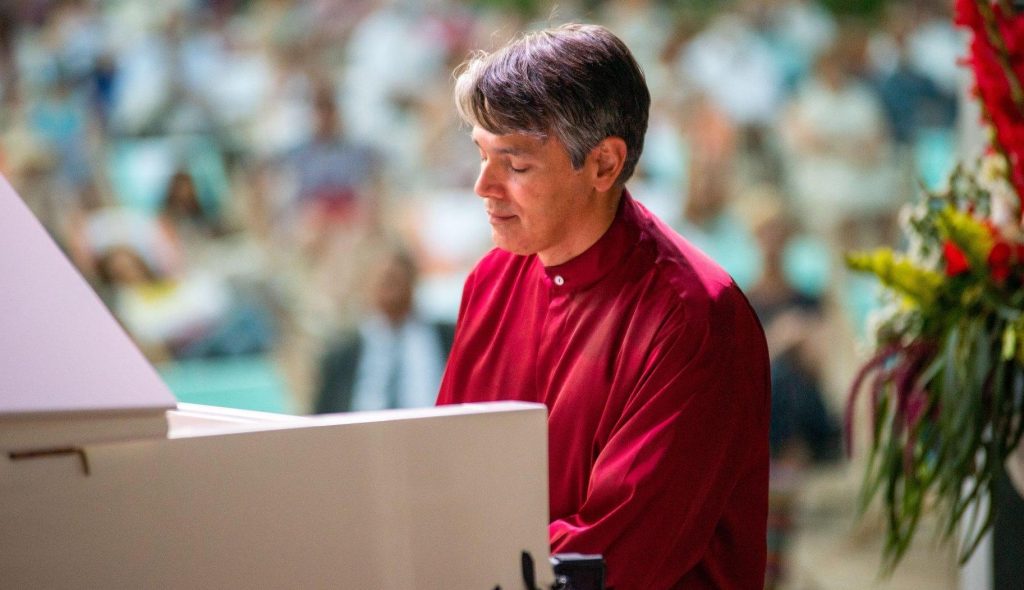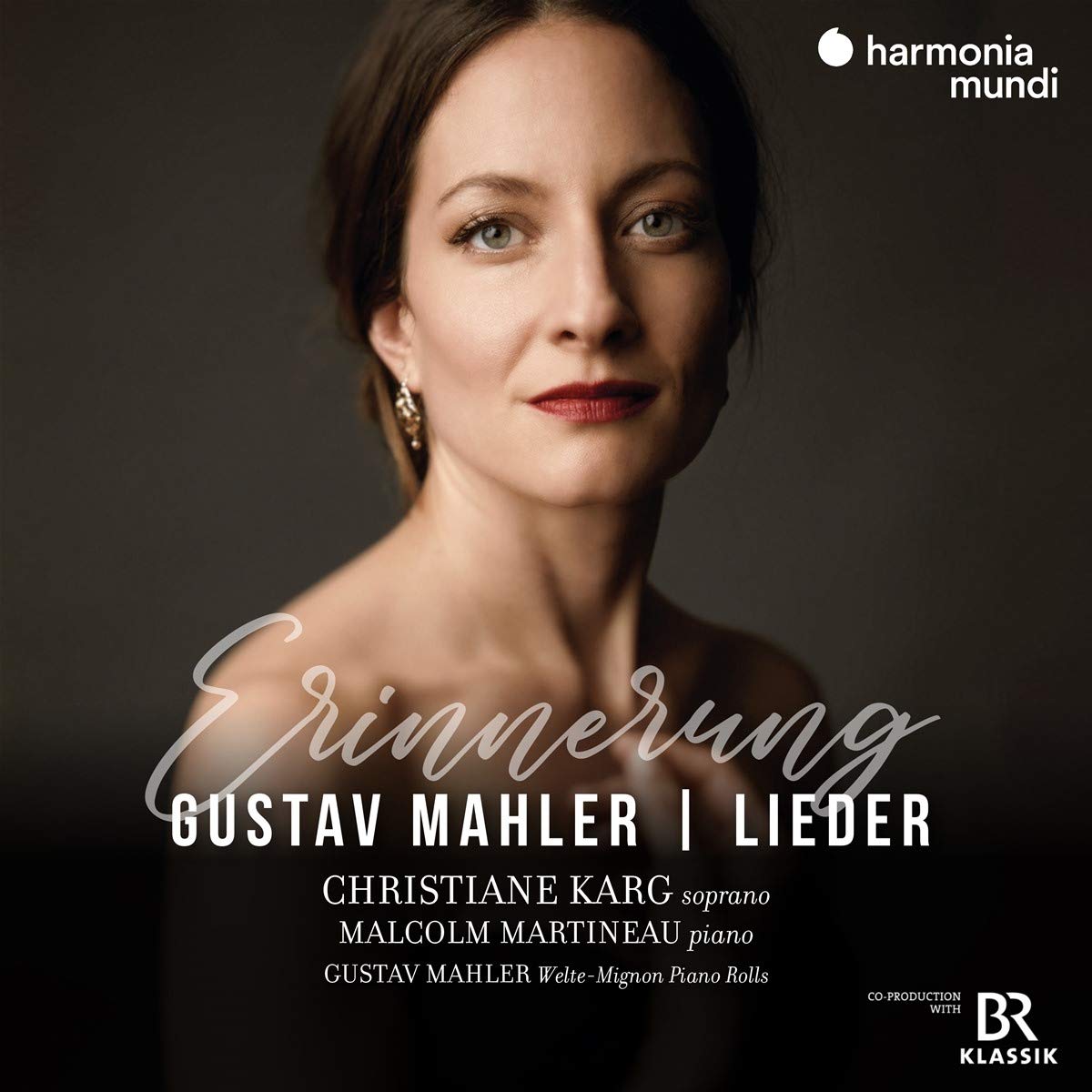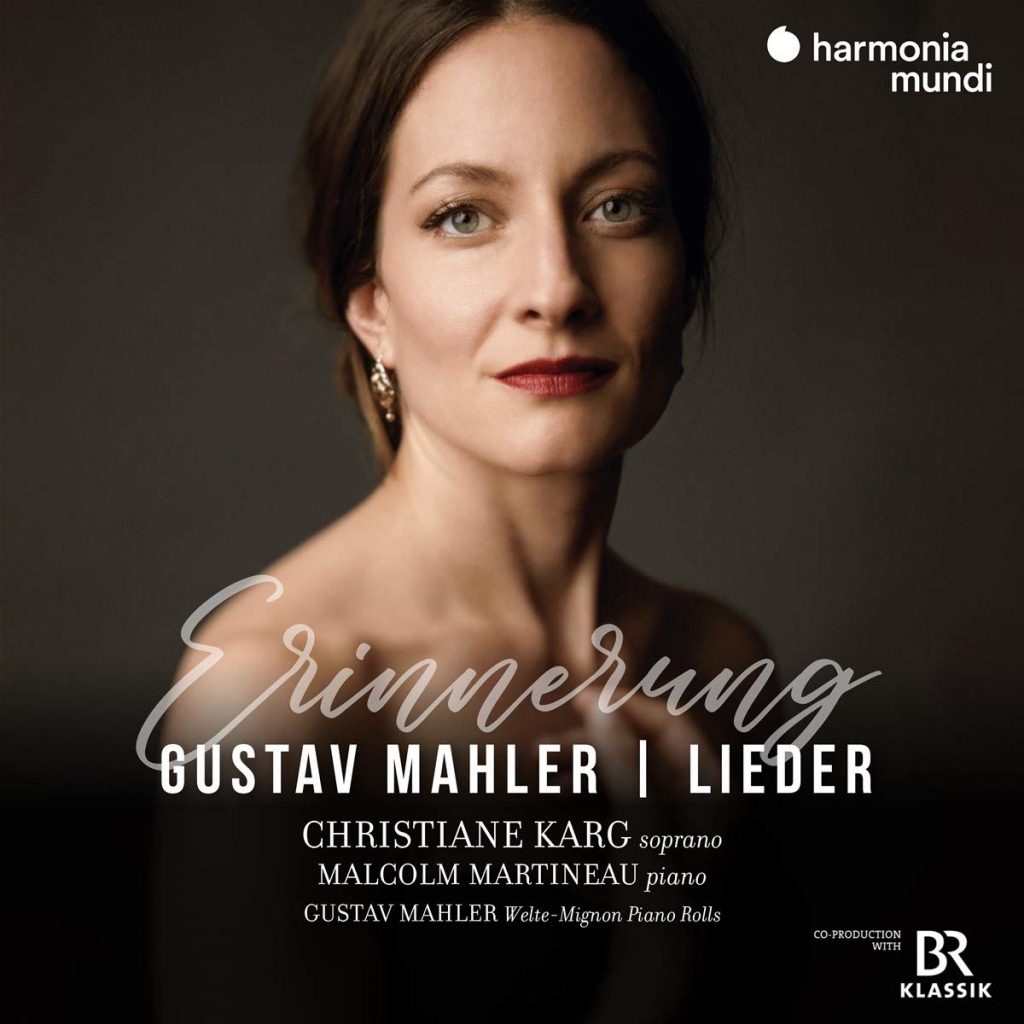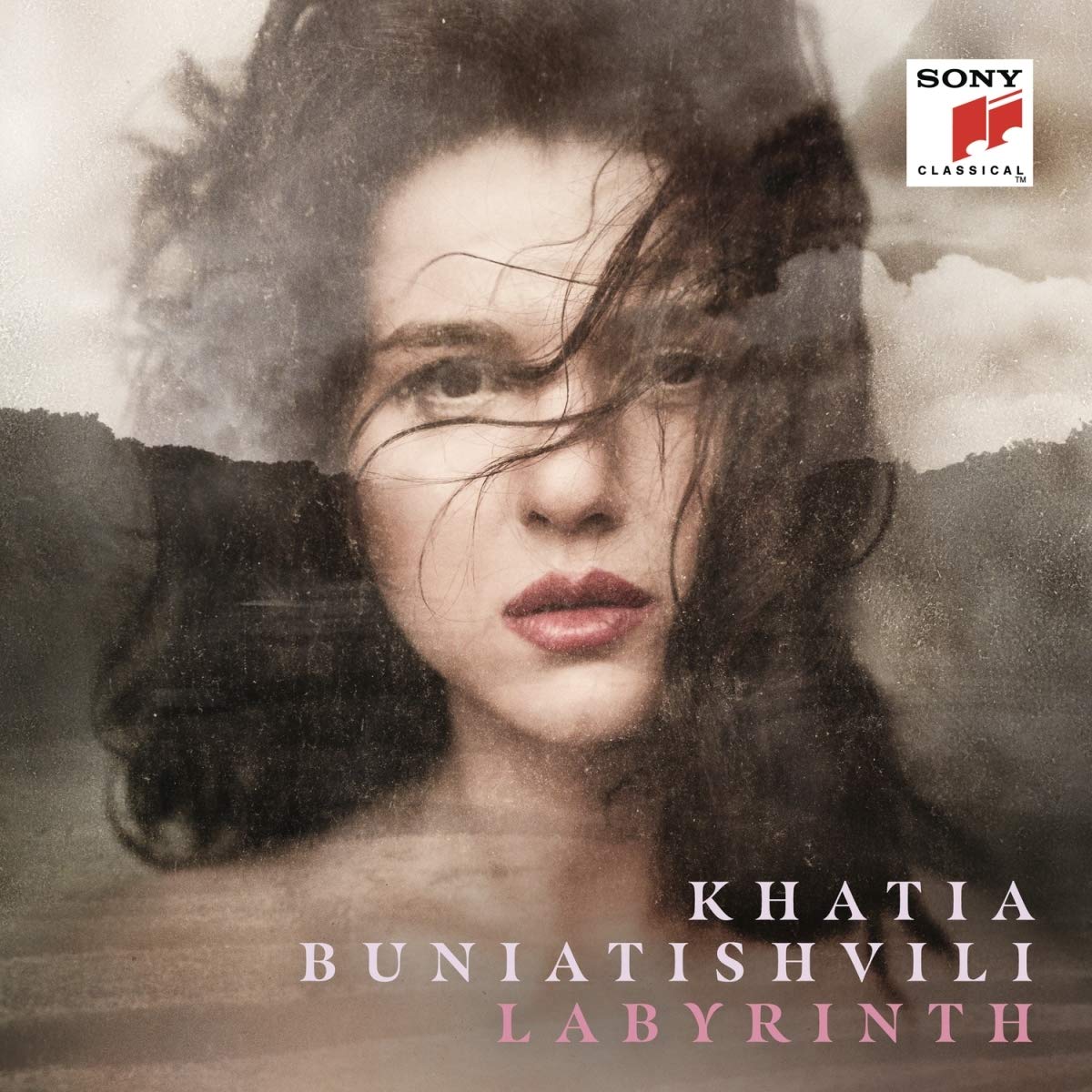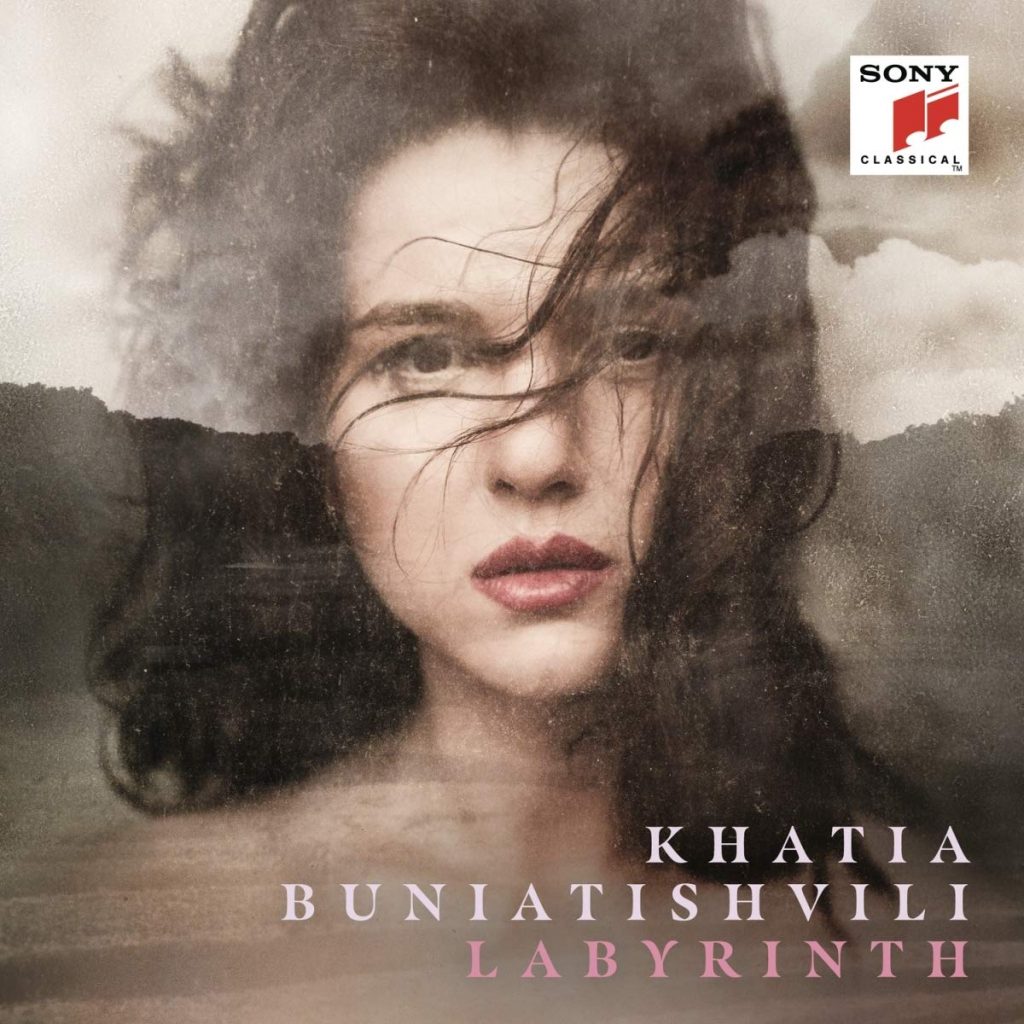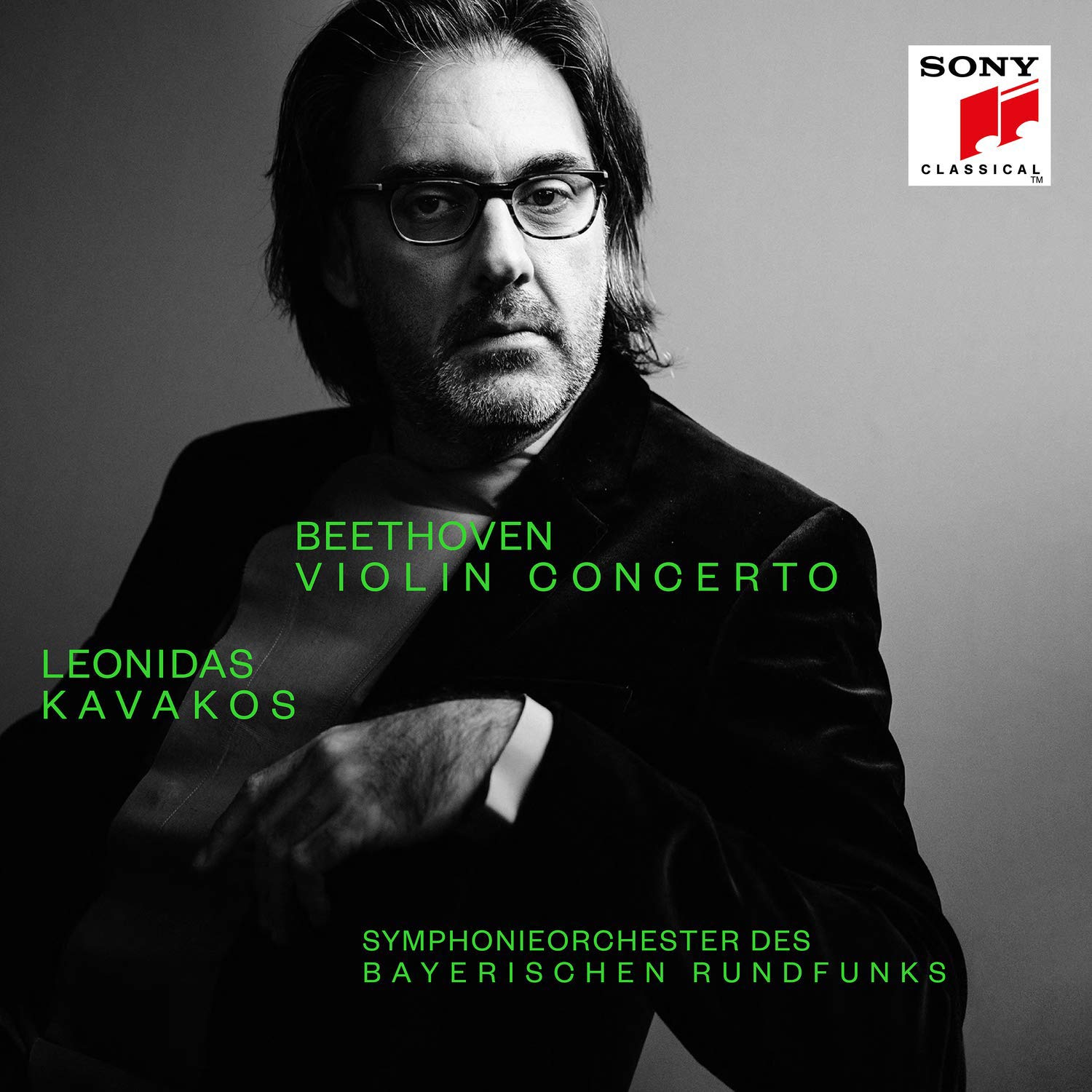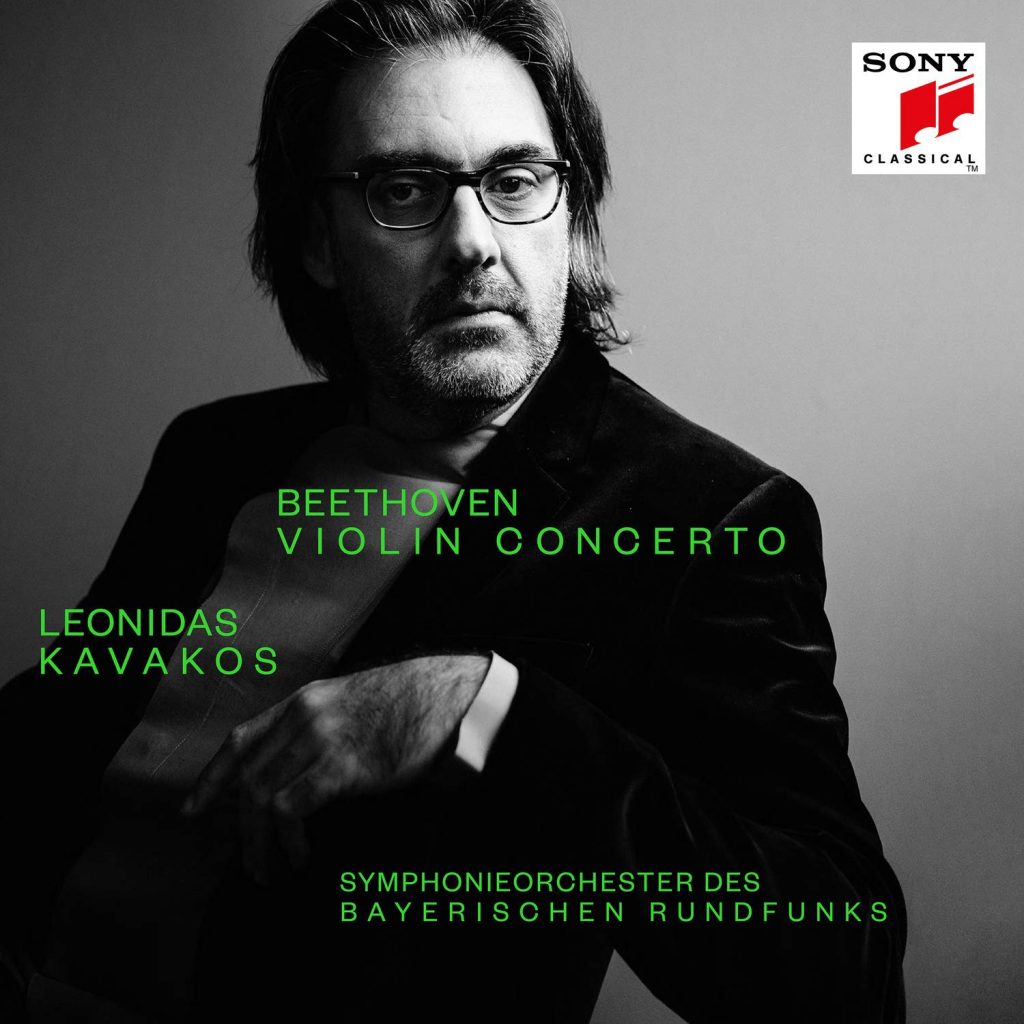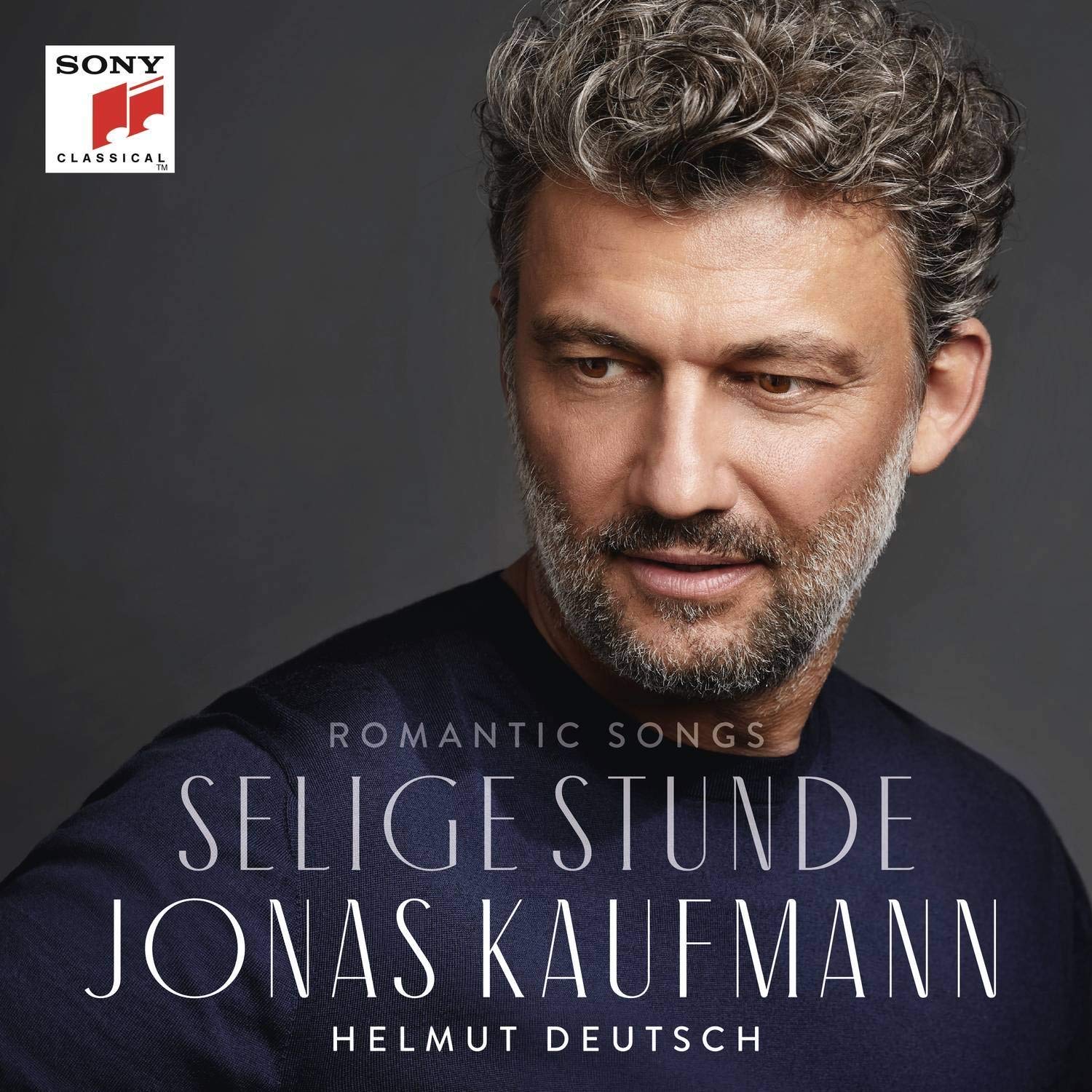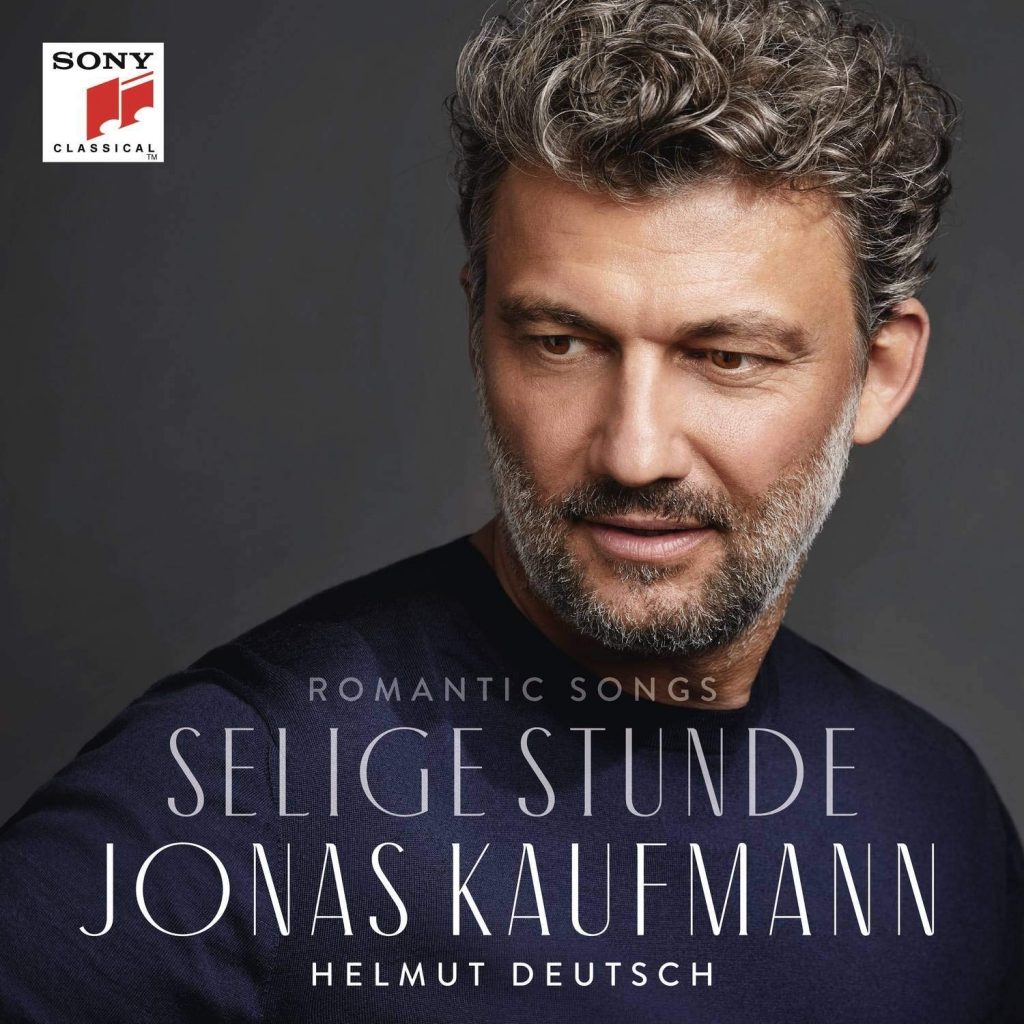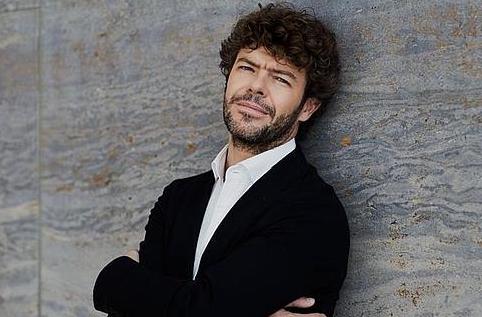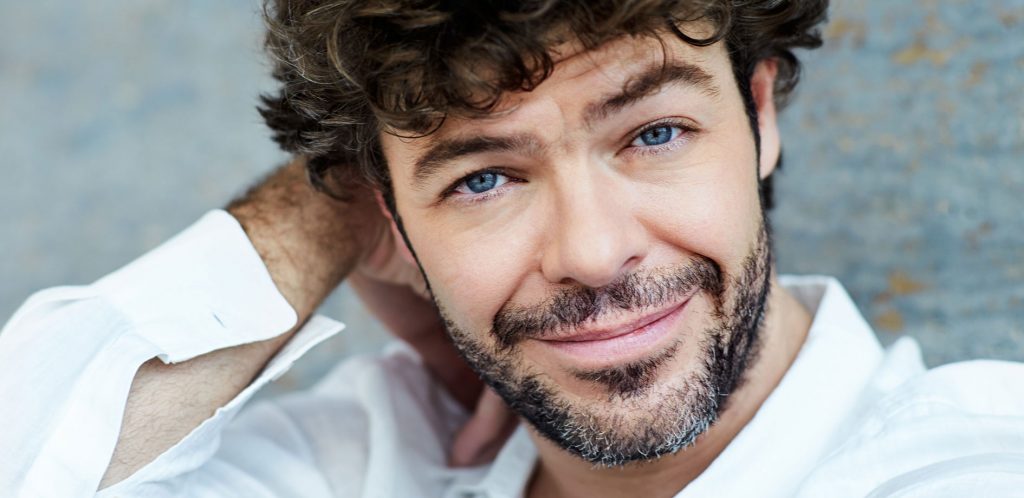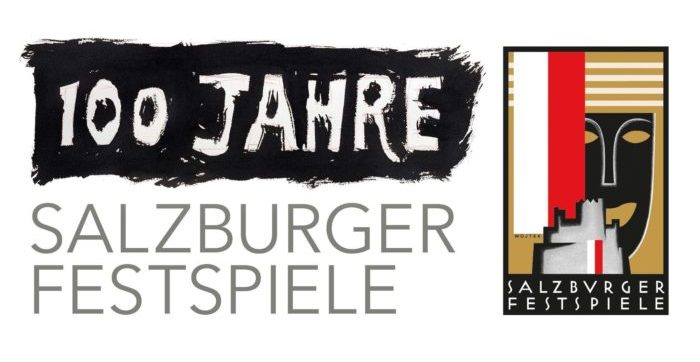BEETHOVEN SYMPHONY & SONATA – MARTA ARGERICH & THEDOSIA NTOKOU
Beethoven’s Symphony No. 6 – A Captivating Journey of Musical Insight
Richard Phillips, December 2020
Martha Argerich, the revered virtuoso, joins forces with Greek pianist Theodosia Ntokou in a remarkable recording of Beethoven’s Symphony No. 6, beautifully arranged for piano four hands by former Allgemeine musikalische Zeitung editor Selmar Bagge. Argerich’s mentorship of Ntokou over the past decade is evident in their engaging and cohesive performance, where they complement each other’s strengths to deliver a fresh and insightful interpretation.
The centerpiece of the album is Beethoven’s Tempest Sonata, performed with dramatic poise and an acute awareness of Classical style by Ntokou. Rather than succumbing to the common Sturm und Drang approach in the outer movements, she unveils Beethoven’s profound structural narrative. This approach allows the sublime central Adagio to shine as an integral part of the music’s fabric, rather than merely a transitional space between the energetic soundscapes.
The Pastoral Symphony, in its piano four hands rendition, becomes a revelatory experience under Argerich and Ntokou’s hands. Their reading defies impulsiveness and instead presents a refined, deeply thoughtful interpretation. Argerich’s pianism remains captivatingly spontaneous and responsive, while her exquisite refinement distills her interpretative essence to its purest form. Ntokou’s artistry expertly counterbalances Argerich’s, offering captivating flair, acute sensitivity to textures, and finely graded tonal matching.
Throughout the recording, the collaborative chemistry between Argerich and Ntokou is palpable, showcasing their shared musical insights and mutual respect for each other’s talents. The interplay between the two pianists creates a captivating dynamic, enveloping the listener in the intricacies of Beethoven’s masterpieces.
This recording of Beethoven’s Symphony No. 6 in piano four hands arrangement is a captivating journey of musical insight. Argerich and Ntokou’s partnership demonstrates a profound understanding of Beethoven’s vision, highlighting the composer’s structural depth and expressive nuance. The seamless interplay between the two pianists adds an extra layer of artistry to the performance, making this album a must-listen for classical music aficionados seeking a fresh and enlightening take on Beethoven’s timeless works.


